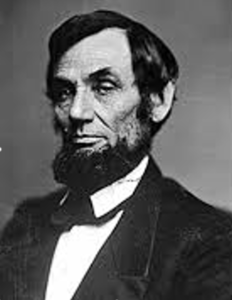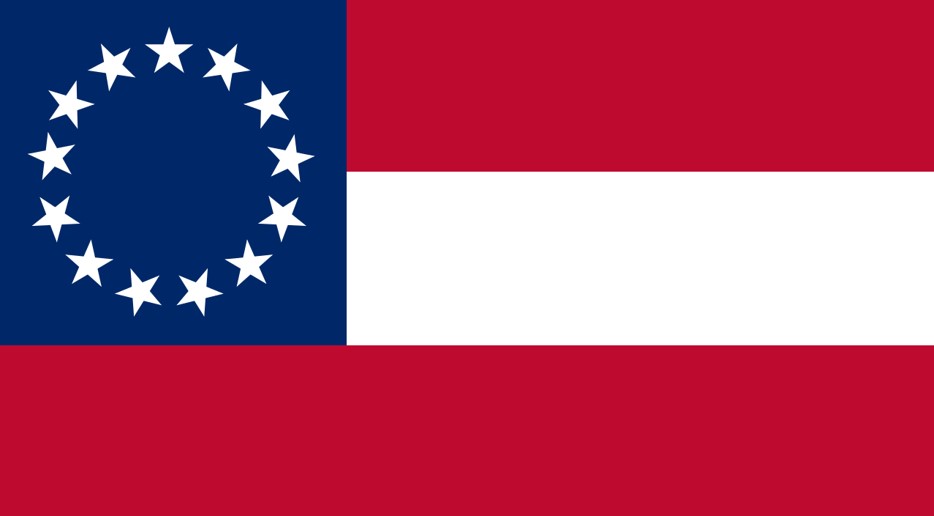The Peninsular Campaign ends: Major General George B. McClellan begins evacuation of the compulsory Union Army of the Potomac from Harrison’s Landing, Virginia.
[restored 2/16/2025]
Republican (nationalist) President Abraham Lincoln, of the united States, meets with meets with Frederick Douglass and other freedmen leaders urging them to accept his offer of deportation for 4,000,000 soon to be emancipated slaves, on a 10,000 acre plot of land in Colombian enclave of Panama. When the delegation expresses their objections, Abraham Lincoln tells them,
You and we are different races. We have between us a broader difference than exists between almost any other two races. Whether it is right or wrong I need not discuss, but this physical difference is a great disadvantage to us both, as I think your race suffer [sic] very greatly, many of them by living among us, while ours suffer from your presence. In a word we suffer on each side. If this is admitted, it affords a reason at least why we should be separated. You here are freemen I suppose.
· · · · · ·
The colony of Liberia has been in existence a long time. In a certain sense it is a success. The old President of Liberia, Roberts, has just been with me—the first time I ever saw him. He says they have within the bounds of that colony between 300,000 and 400,000 people, or more than in some of our old States, such as Rhode Island or Delaware, or in some of our newer States, and less than in some of our larger ones. They are not all American colonists, or their descendants. Something less than 12,000 have been sent thither from this country. Many of the original settlers have died, yet, like people elsewhere, their offspring outnumber those deceased.
[restored 4/3/2022]
Subsequent Events:
References:
Bruce Catton, The Civil War, (New York: American Heritage, 1960; Boston: Houghton-Mifflin, 1987), 290.
Thomas J. DiLorenzo, Lincoln Unmasked: What you are not supposed to know about dishonest Abe, (New York: Crown-Forum, 2006), 48-49.
Calvin D. Linton, ed. The Bicentennial Almanac: 200 Years of America, 1776-1976, (Nashville, Tennessee: Thomas Nelson, 1975), 171.
Concerning Emancipation: Address on Colonization
www.learner.org/workshops/primarysources/emancipation/docs/address.html


